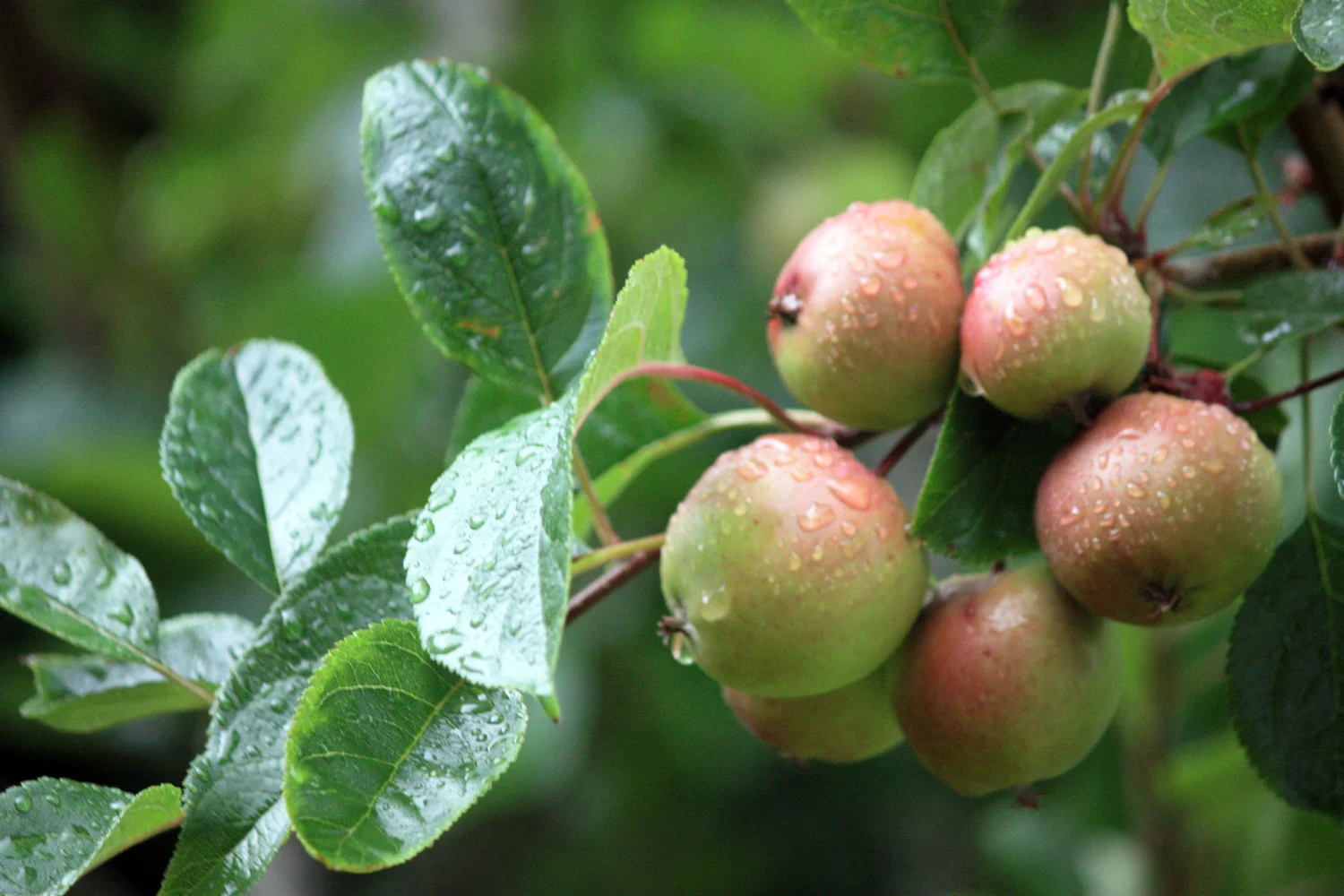“Produce fruit in keeping with repentance.” (Matthew 3:8, NIV)
There is a way for a person to show oneself to be as one who has never repented (turned from that which is far from God and moved towards God). This type of person was written about by the Apostle John in 1 John 2:18-19. This (false repentance) happens to be the same reality that John the Baptist is warning against in his call to the Pharisees and Sadducees when he called them to produce fruit in keeping with repentance.
John the Baptist is warning those Pharisees and Sadducees that are coming to him in order to escape the wrath of God. He is warning them that their lives will prove to be a much better testimony of what they believe rather than their actions of simply coming to John in this situation. He is in effect saying, “I know why you are here. It is only because you think in doing this you will be avoiding the wrath of God. Look, if you are sincere in wanting to step into the light of the truth then there needs to be more in your life than simply showing up here in order to get the pass on God's wrath. That shallow way of life does nothing for you. Instead, live as though you have been changed. Live as though you are no longer the same person. Live as though you now see what you have been unable to see for so long. Because, I am telling you plainly, if you go back from here to where you came and there is no gradual lasting change in your life, then you will have shown—your life will be a testimony to the fact—that you have seen nothing and thus, you have not really been changed at all."
We have to love and thank God for people like John the Baptist. Those who are honest with the state of people before God and who call people to live a life of repentance; instead of living just a day or a season of repentance. Repentance is a lifelong road to walk and, over time, we should be able to look back at where we have been and point out the evidences (the fruit) of our turning from the darkness and walking into the light (repentance).
